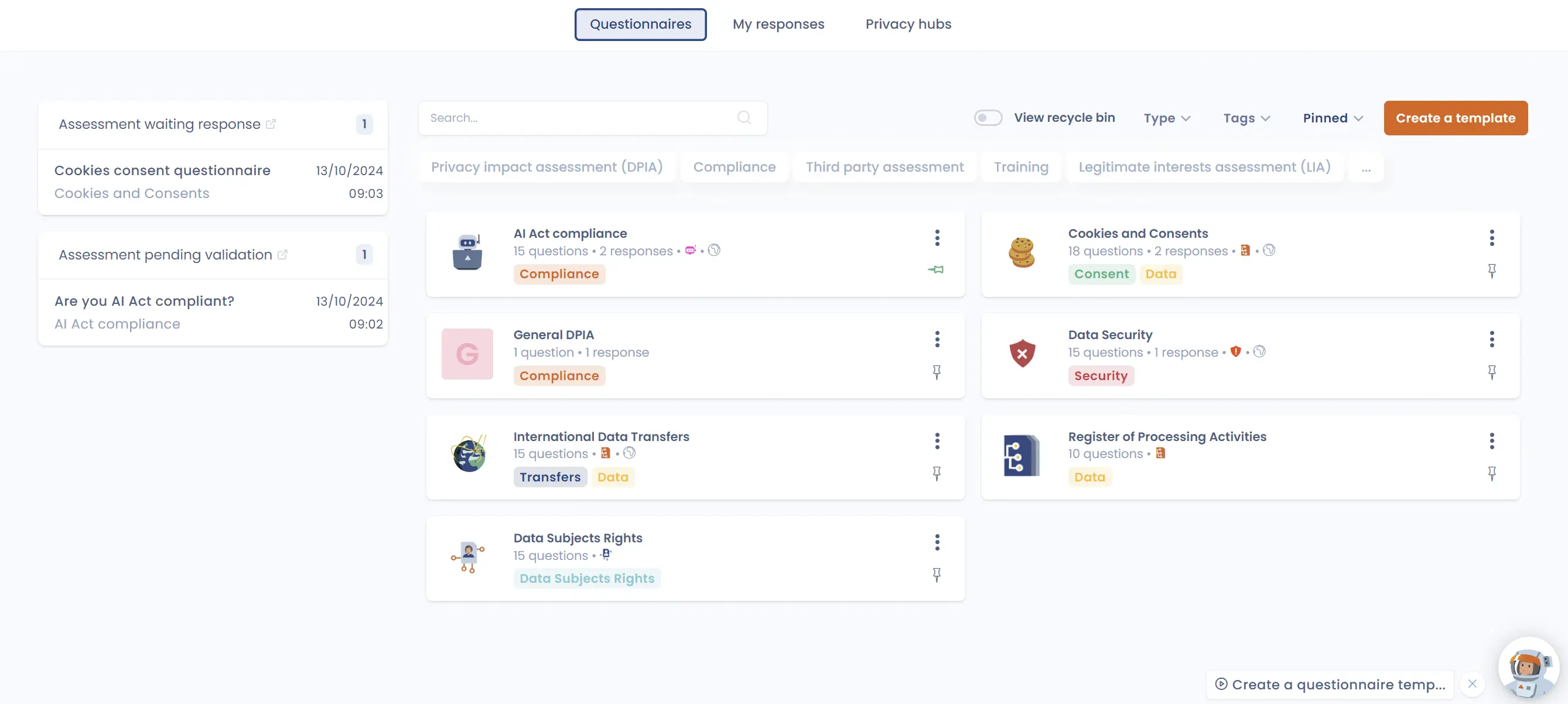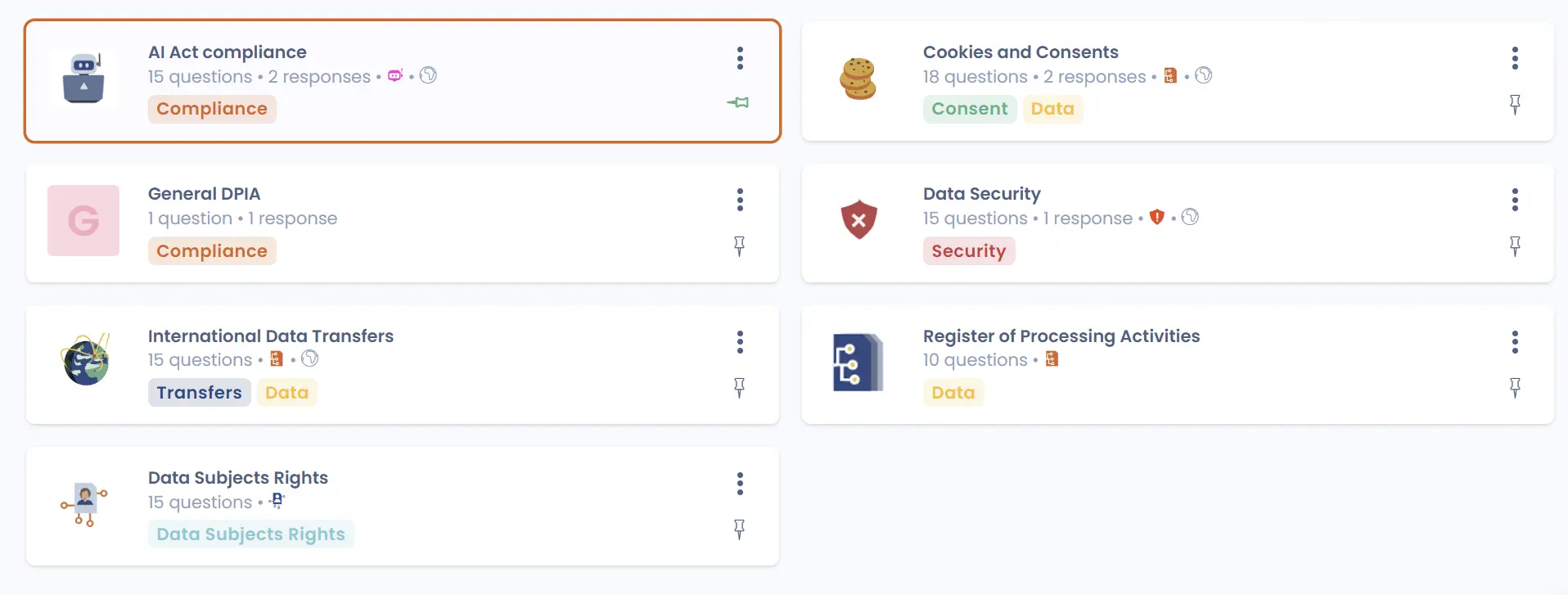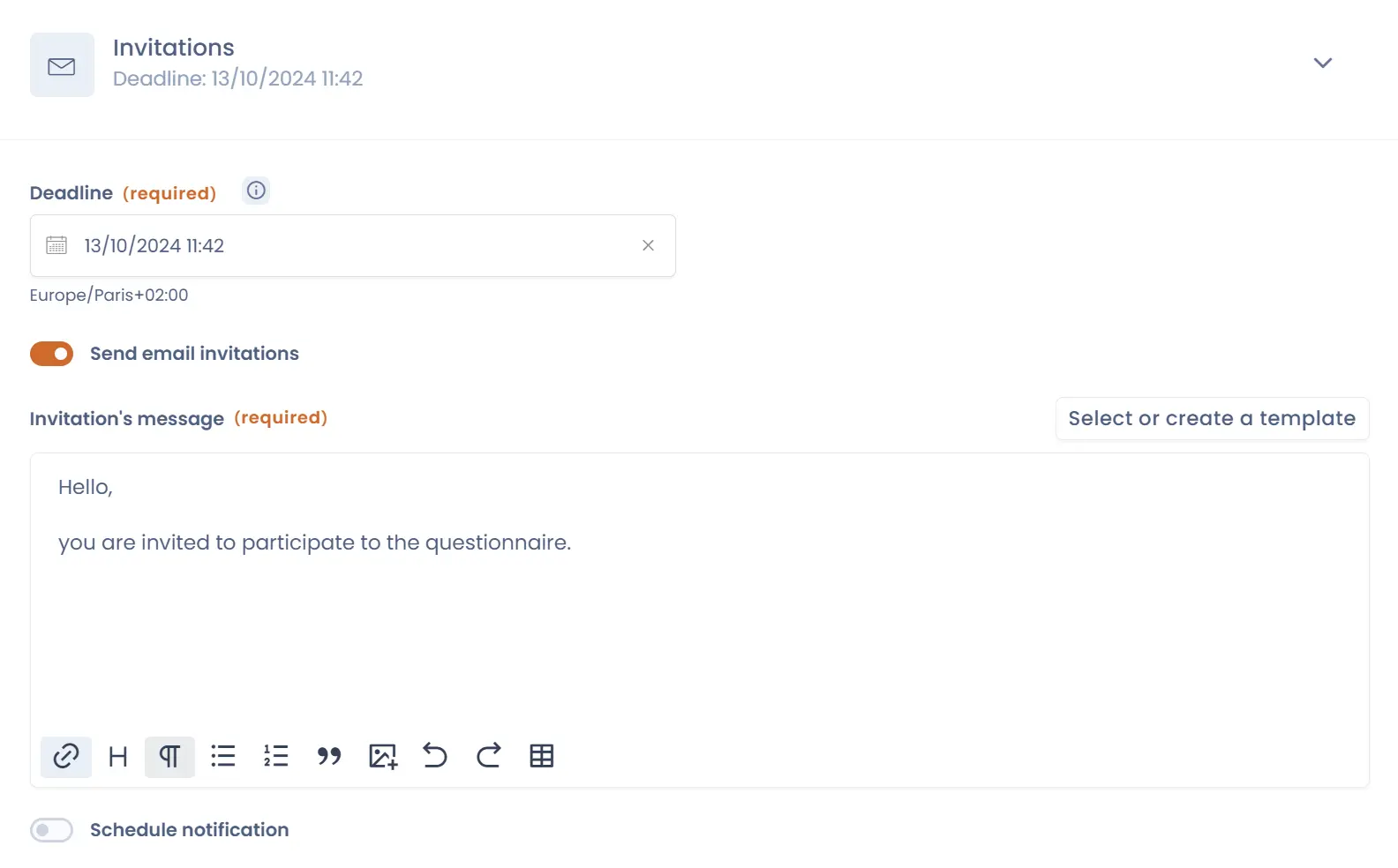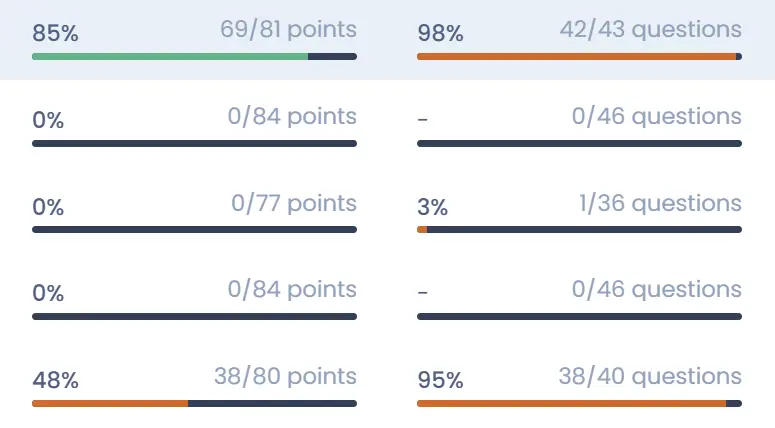GDPR Audit: Ensure your company's compliance
Data protection has become a major concern for businesses around the world. With the advent of the GDPR in 2018, the European Union strengthened individuals' privacy rights. It has imposed strict requirements on organizations processing personal data.
To ensure compliance, companies must undergo regular GDPR audits.
In this article, we'll explore the importance of auditing and how you can keep your company's data safe.
What is GDPR auditing and why is it necessary?
GDPR auditing is the process of implementing a systematic process for evaluating an organization's data management practices to ensure that they comply with the standards set out in the GDPR.
This regulation requires companies to protect personal data, process it transparently, and keep it only as long as necessary to fulfill the purposes for which it was collected.
The main objective is to check whether companies are adhering to these fundamental principles and to highlight any compliance gaps.
This allows organizations to take corrective action to reduce the risks associated with violating individuals' privacy rights.
How to carry out a GDPR audit ?
1. Identification of personal data
The crucial first step is to identify all the personal data processed by the company. This includes data from customers, employees, and any third parties involved.
2. Assessment of Collection and Processing Practices
The audit then looks at how data is collected, stored, processed, and shared. Companies must prove that they adhere to the principles of data minimization and limited purpose.
3. Implementation of security measures
GDPR audits assess the robustness of the security measures put in place to protect personal data. This includes physical, logical, and organizational security.
4. Audit of Documentation and Policies
Companies must keep accurate records of their data processing activities. The audit reviews documentation to ensure that it is GDPR compliant and that privacy policies are clear and accessible.
7. Data Governance Assessment
The effectiveness of data governance processes is assessed to ensure that there is clear accountability and defined decision-making processes for data protection.
Benefits of GDPR Compliance Audit
1. Risk Reduction
By identifying and remediating vulnerabilities, it helps reduce the risk of data breaches and the resulting financial consequences.
2. Trust Building
GDPR compliance builds trust with customers and partners, demonstrating your commitment to protecting personal data.
3. Preparing for regulatory changes
The GDPR compliance audit helps to stay up-to-date with changes in data protection legislation and adjust practices accordingly.
In conclusion, it is essential to ensure compliance and build trust in an ever-changing digital landscape.




